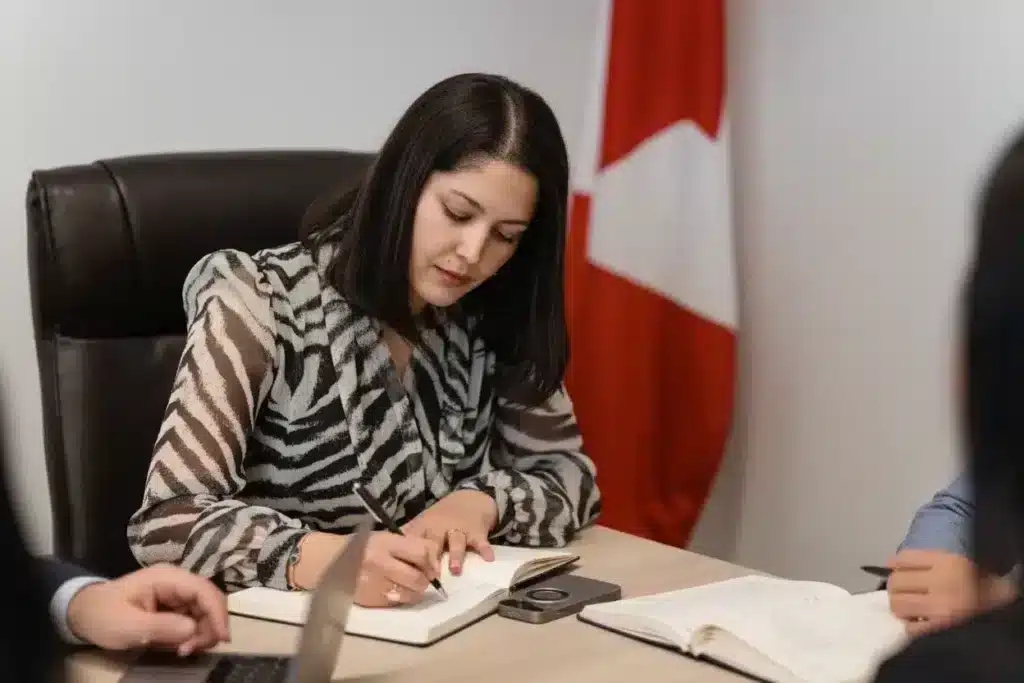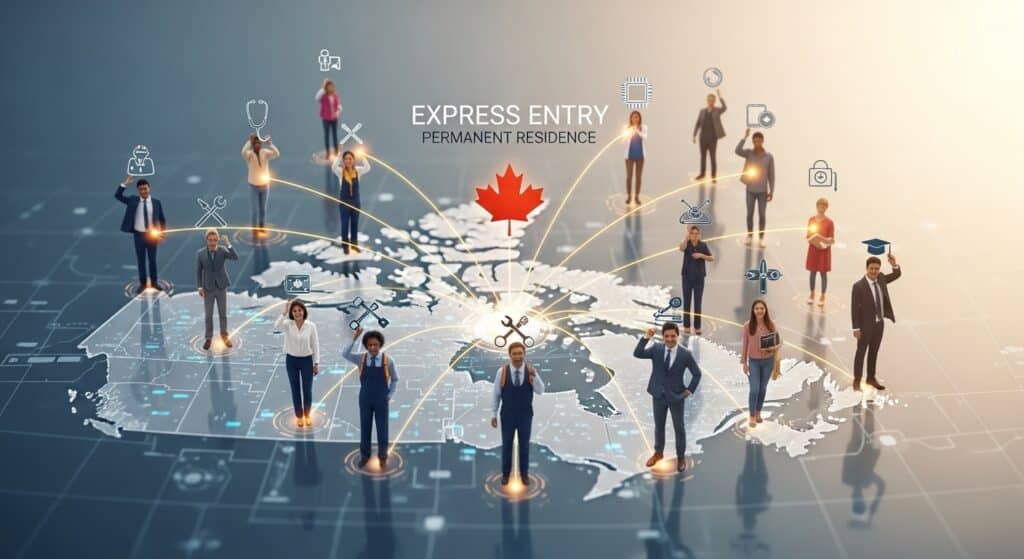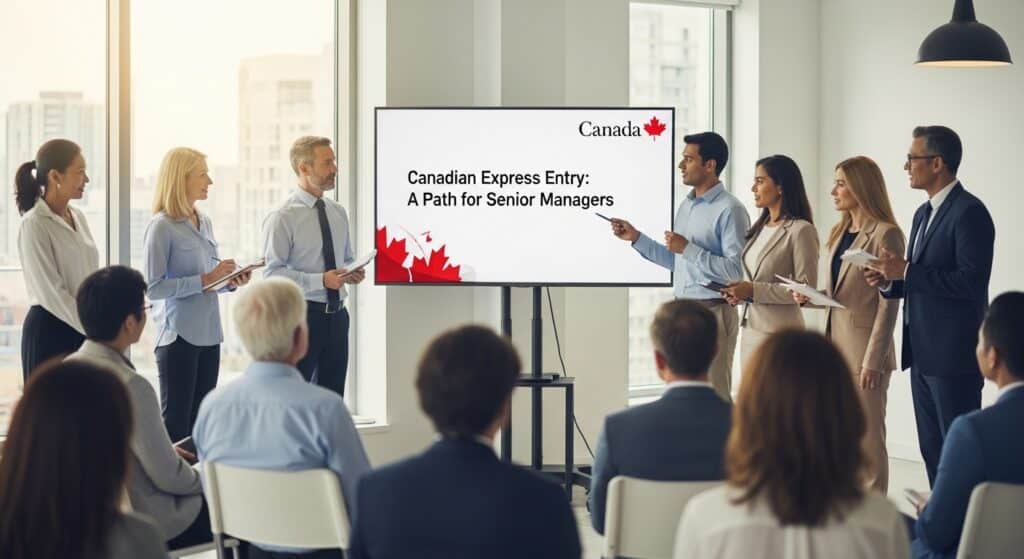Introduction
Recently, I’ve noticed a troubling pattern in immigration decisions. Both in federal court cases and in my immigration practice, officers are increasingly refusing applications for boilerplate reasons — generic phrases copied from templates — without engaging with the documents submitted, analyzing the evidence, or explaining why they are rejecting contradictory proof. In these cases, the immigration officer is the key decision-maker, and their authority allows them to refuse applications if they believe the applicant does not meet the requirements or intends not to leave Canada. Applicants often do not receive detailed reasoning in their GCMS notes, which are the internal records kept by IRCC that could help clarify the basis for refusal.
This is not just frustrating; it is legally problematic. Under the Supreme Court of Canada’s Vavilov decision, officers must grapple with the evidence in front of them, especially when it contradicts their concerns. This requirement applies directly to the visa application process, including refusals of a temporary resident visa, where the officer must provide clear and individualized reasons for their decision. Yet, too often, IRCC appears overwhelmed and, frankly, is relying on shortcuts — even AI-generated notes — to justify refusals.
Why This Matters
This trend causes harm at every level:
- Clients suffer extra costs, delays, and stress.
- Counsel are forced to redo work and fight unreasonable decisions, often with no clear reasoning to respond to.
- The immigration system becomes clogged with reconsideration requests.
- The Federal Court is burdened with thousands of unnecessary cases, spending time on the process of reviewing and correcting errors that could have been avoided if officers engaged with the evidence properly.
The Boilerplate Reasons We Keep Seeing
Here are some of IRCC’s “favourite” boilerplate refusal reasons cited in a refusal letter issued by a visa officer or immigration officers:
“The Applicant does not have significant family ties outside Canada. The purpose of the Applicant’s visit to Canada is not consistent with a temporary stay, given the details provided in the application. The Applicant’s purpose of visit appears vague and poorly documented. Information is insufficient. Weighing the factors in this application, I am not satisfied that the Applicant will depart Canada at the end of the period authorized for their stay. For the reasons above, I have refused this application.”
The problem? Where is the analysis? Where is the discussion of the supporting documents or documentation submitted, such as evidence of travel plans, strong ties, or connections to the home country to demonstrate intent to leave at the end of the authorized stay? Where is the logical reasoning? As practitioners, we are left trying to decode an officer’s mind without any clear justification in writing.
What You Can Do If This Happens
If you receive a refusal filled with boilerplate text, here are your realistic options:
1. Request Reconsideration
Even though officers often ignore these, it’s still worth doing. Keep pressing for them to look again at the file and acknowledge the evidence. It is important to formally submit a reconsideration request and submit any additional documents or supporting documents that directly address the officer’s concerns.
2. Re-Apply
It feels unfair to pay government fees again just to fix their mistake, but reapplying is usually the fastest and most practical solution. It avoids long delays and gives you another chance to present the evidence, sometimes even stronger than before.
3. Go to Federal Court (when it really matters)
If IRCC repeatedly refuses a high-stakes application (such as a Start-Up Visa work permit, PNP work permit, or other applications where dual intent should apply) and continues to ignore the evidence, it may be time to escalate. The Federal Court has consistently overturned refusals where officers failed to apply the correct legal test or ignored evidence.
Note: The Federal Court (judicial review) process requires you to submit an appeal to the Federal Court. It is crucial to the officer’s note or GCMS notes (obtained through ATIP request or otherwise) to fully understand the refusal reasons. There is a deadline, fees and legal costs associated with such judicial review.
Conclusion
Patience is required — from clients, from lawyers, and yes, even from IRCC officers working under pressure. We all hope for better times, but until then, applicants should know that there are options when faced with a generic refusal. Don’t give up at the first “no.” Challenge it, reapply, or — when the stakes are high enough — take it to court.
















